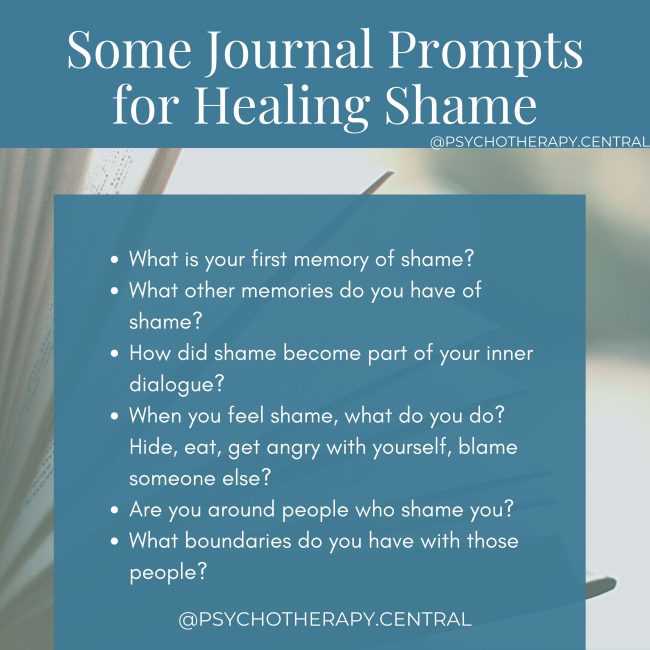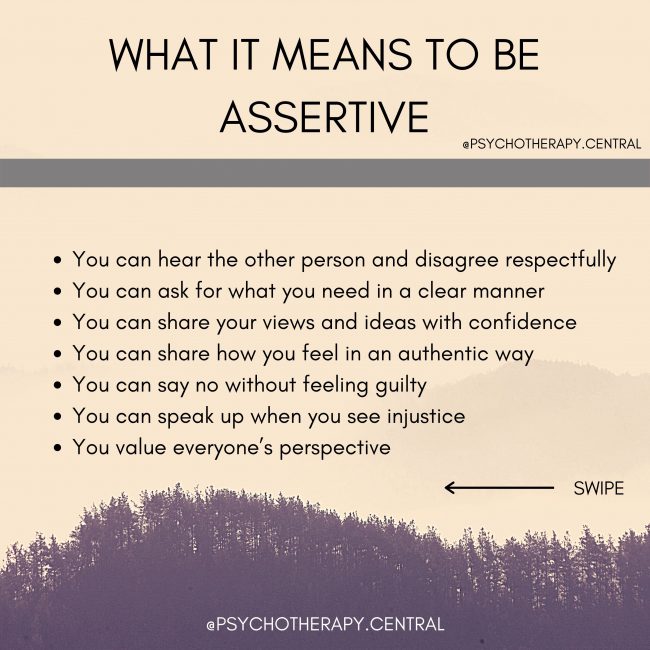When we experience shame, our gut reaction is usually to run as fast as we can in the other direction. In the moment, this might be the safest thing to do, but after the moment has passed it can be …
Category: Psychotherapy
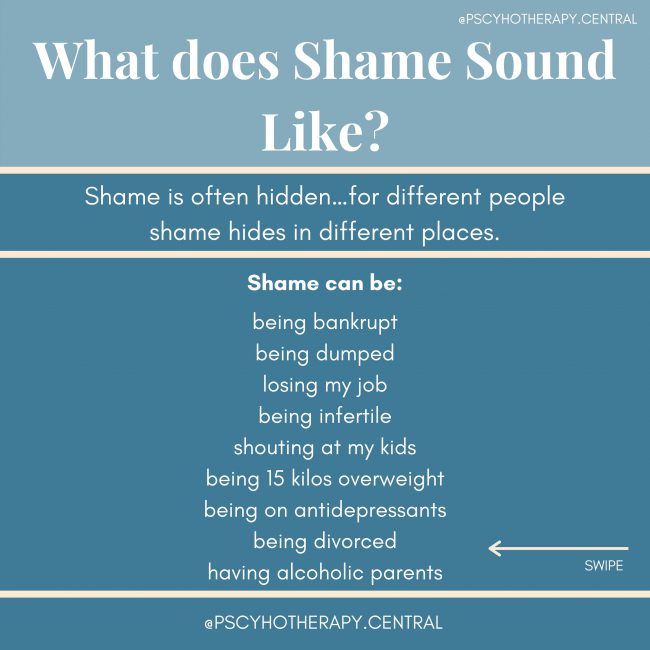
What Does Shame Sound Like?
It is easy to read posts about shame and think “Oh, I don’t feel any shame, that’s not in my life”. If that is the case, you are an incredibly rare individual. For most people, shame is part of life. …
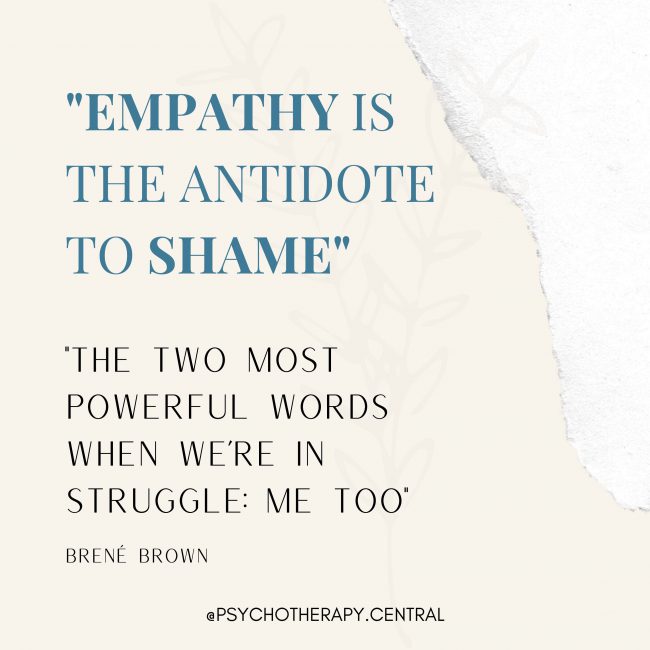
How To Heal Shame
Shame is a painful emotion that is created because of a sense of failure to meet a certain standard. Shame says that we are flawed and unworthy of connection. In response to shame people will isolate themselves or numb their …
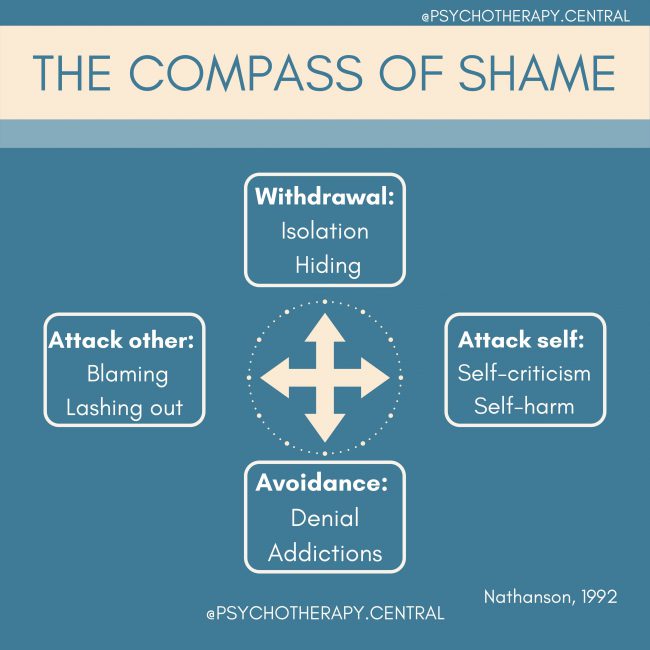
How to Work with Shame
Nathanson (1992) presents a fabulous tool to show us how shame shows up. When we look at the middle axis of withdrawal and avoidance, we see two different behaviours. With withdrawal, there is hiding and disconnection. We know from research …

The VITAL Differences Between Shame And Guilt
In everyday language we often use the terms shame and guilt interchangeably, but research shows that there is a BIG difference between the two. Shame is more toxic than guilt. Why? Research has shown that shame is more focused on …
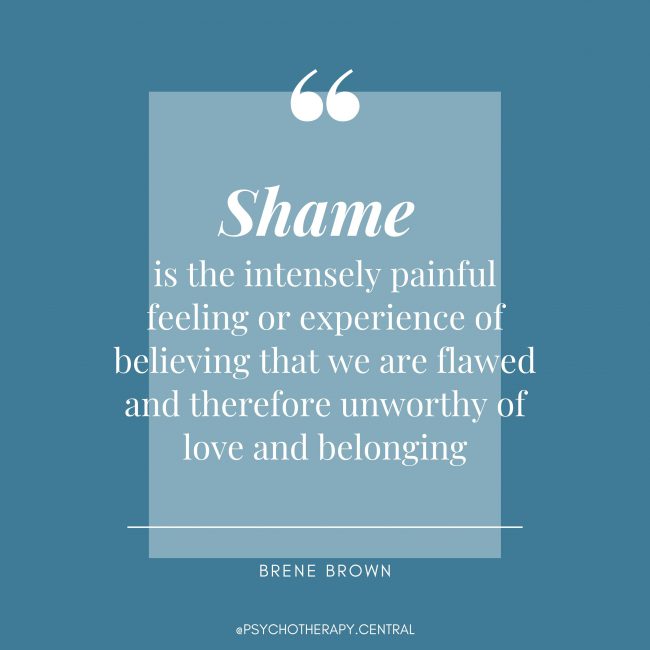
Shame Is The Fear Of Disconnection
Shame is a painful emotion that is created because of a sense of failure to meet a certain standard. It sounds like: “I’m a failure, I’m a terrible person, I’m useless”. They are absolute statements about the self that make …
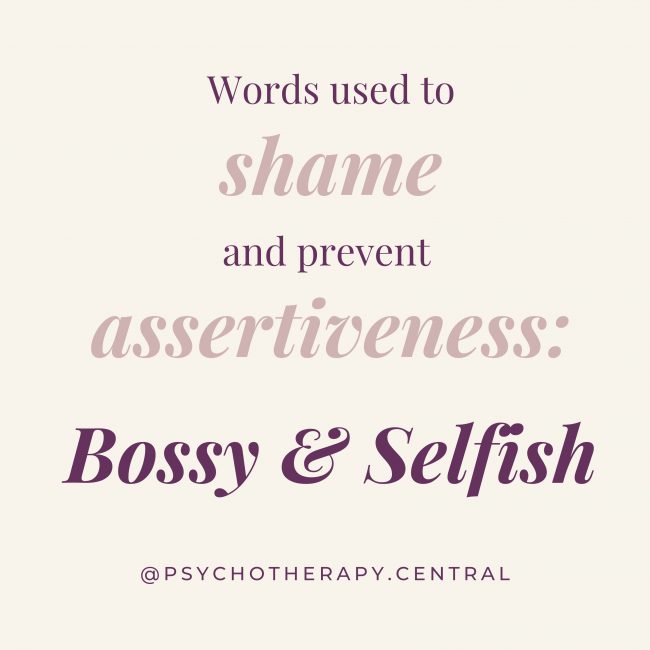
Words Used To Shame And Prevent Assertiveness
A sure way to stop people being assertive is to shame them. As Brene Brown talks about so wonderfully in her book ‘Daring Greatly’, shame is pervasive in our culture. It limits innovation, true self-expression and stops us taking risks. …

Helpful Assertive Communication Examples
Sometimes finding the right words is tricky. I hope these slides will give you a feel for what an assertive conversation might sound like. A wonderful resource in the area of communication is Marshall Rosenberg’s ‘Non-Violent Communication’. I bought a …
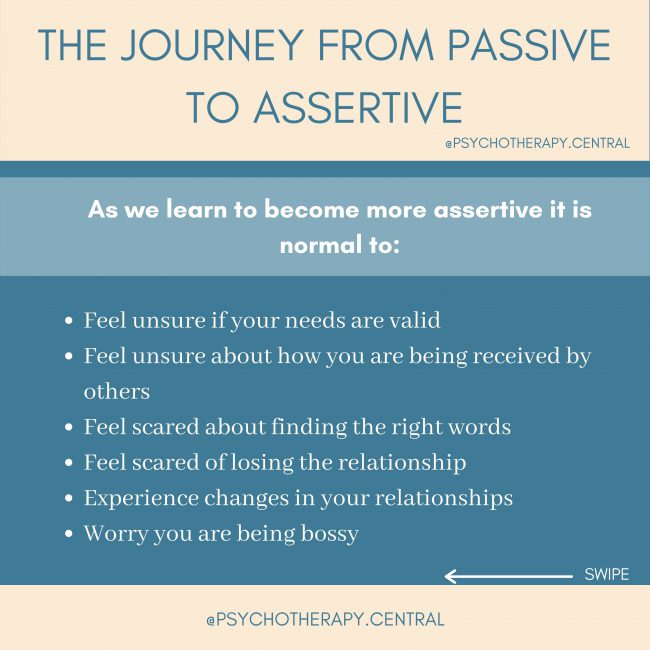
The Journey From Passive To Assertive
Being assertive is NOT being bossy or selfish. Being assertive is knowing what you need for self-care and being able to create effective boundaries. It is having the confidence to speak up in the face of injustice. The world needs …
